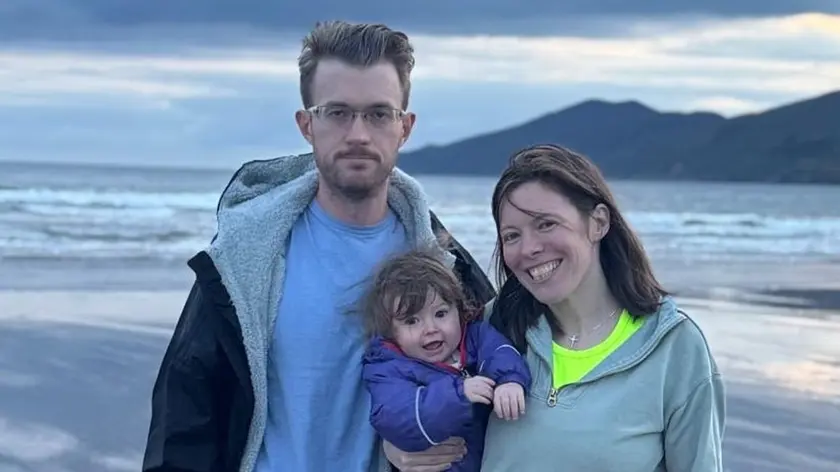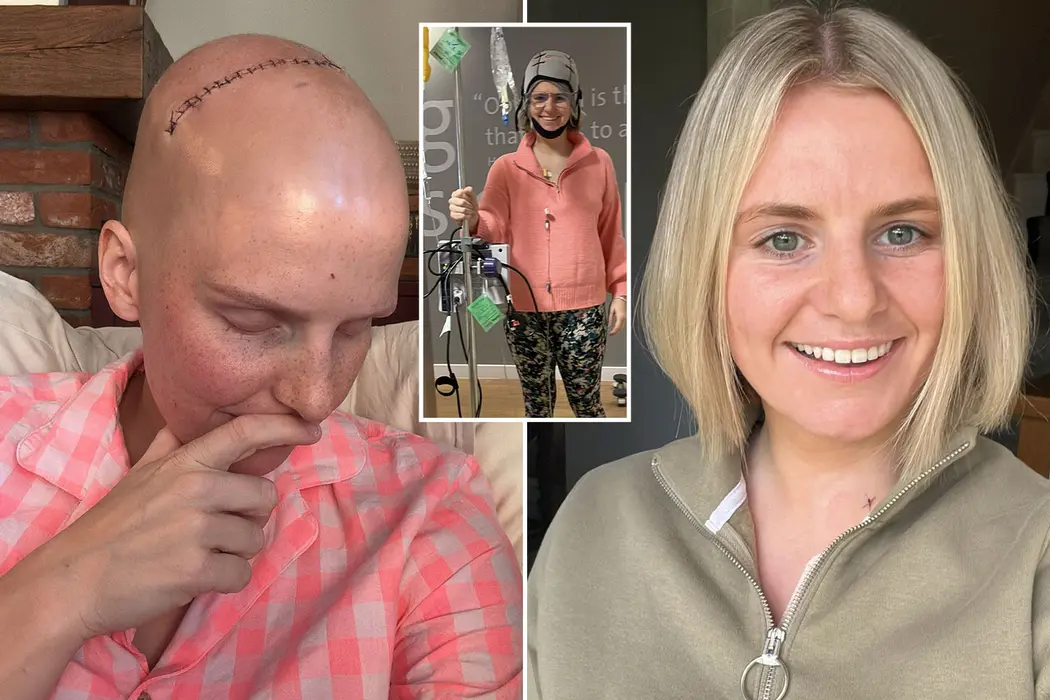T4K3.news
AI health guidance delays cancer diagnosis
A man in Ireland relied on ChatGPT for medical advice and was later diagnosed with stage four cancer, raising concerns about AI in healthcare.

A 37-year-old Irish father relied on ChatGPT for medical advice about throat pain and was later diagnosed with stage four cancer.
AI health guidance delayed a cancer diagnosis in Ireland
Warren Tierney, 37, from Killarney in County Kerry, began suffering from a sore throat earlier this year and turned to ChatGPT for guidance while caring for his wife and two young children. The chatbot assessed his symptoms and told him cancer was very unlikely, even providing a step‑by‑step breakdown of possible conditions. He delayed seeing a doctor, influenced by the AI’s reassurance, until last week when tests confirmed stage IV adenocarcinoma of the oesophagus, a cancer with a grim five‑year survival rate. His wife Evelyn has since started a GoFundMe to raise about €120,000 for treatment abroad.
OpenAI emphasises that ChatGPT is not a medical tool and should not be used to diagnose or treat health conditions. The case has drawn attention to how AI interfaces can mislead users seeking quick answers and calm in the face of health fears. Tierney says he takes responsibility for relying on the AI and acknowledges that it may have delayed proper care. The family now faces a long treatment path and potential options outside Ireland as they pursue the chance to extend his life.
Key Takeaways
"I'm a living example of it now and I'm in big trouble because I maybe relied on it too much."
Tierney reflecting on his reliance on AI guidance
"The Services are not intended for use in the diagnosis or treatment of any health condition."
OpenAI outlining limits of its tools
"The Irish health care system is overwhelmed. I think they're letting people die very easily."
Tierney criticizing local healthcare access
"If this turns out to be an advanced tumor, then you'll feel like every delay matters — and that’s real."
AI commentary on potential consequences of delay
This episode highlights a real risk when people turn to AI for health triage. AI models can misinterpret symptoms, present confident but flawed reasoning, and miss red flags that a clinician would catch in person. People often trust the tone and structure of AI responses, especially when they are anxious, which can push them away from urgent medical evaluation.
The broader trend shows AI tools becoming more embedded in everyday health questions, but safeguards are needed. Clear warnings, better integration with medical pathways, and a stronger emphasis on seeking professional care should accompany AI outputs. Policy makers, healthcare providers, and developers should consider how to balance accessibility for patients with the safety nets that prevent dangerous delays in diagnosis and treatment.
Highlights
- Trusting AI for health advice can cost precious time
- A friendly AI reassurance should not replace doctors
- Technology should aid doctors not replace them
- AI can mislead when it sounds confident and clear
Health AI usage raises safety concerns
The piece centers on a patient who delayed treatment after following AI medical guidance, highlighting risks of misdiagnosis and delayed care when relying on consumer AI tools. This touches on health, safety, and policy questions about AI in medicine.
As AI tools multiply, humans must stay the first responders to their own health.
Enjoyed this? Let your friends know!
Related News

Colorectal cancer warning signs rise among younger adults

Stage 4 Hodgkin lymphoma diagnosed after delayed care

Missed signs prompt call for action

Cancer symptoms misinterpreted as jab side effects alarm doctors

Chronic cough care under NHS strain

Missed early cancer checks trigger calls for faster diagnosis

Kidney disease drugs expand access to GPs
Campaign urges tracking bowel habits after cancer diagnosis
